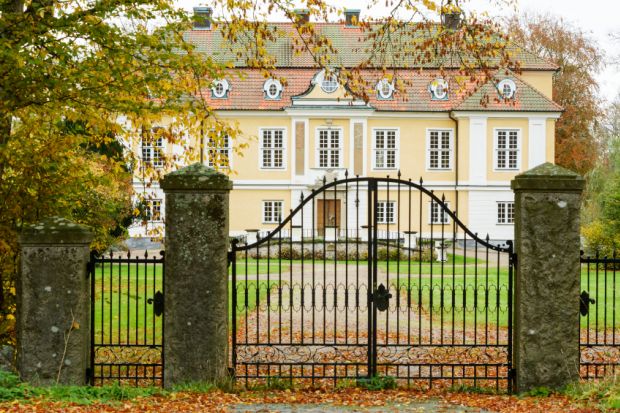How much is a Nobel prize worth to a university? Undoubtedly, the award of a Nobel prize confers and confirms prestige, but it is not possible to estimate the financial benefit of the award to an associated institution. And the need to measure benefit matters more than ever: efficiency and effectiveness in higher education are a key priority and the value of knowledge is held more in terms of utility, measured through learning outcomes and league tables.
This efficiency agenda poses challenges to vice-chancellors and other leaders in higher education. Globalisation makes higher education an international and increasingly complex business, and the concept of the “world class” university requires the international projection of prestige in a highly competitive global market. Many vice-chancellors believe that prestige matters, both for the long-term prosperity of their university, particularly through the recruitment of world-leading academics, and to fulfil the high aspirations of fee-paying students.
But the seeking of prestige is often in tension with conventional accounting, because much that is prestigious cannot be given a financial valuation. At the same time, the pursuit of prestige is intrinsically at loggerheads with processes that promote efficiency, effectiveness and value for money. Certainly, prestige-seeking makes collaboration with other institutions a sensitive issue. The drive for efficiency was reinforced by Sir Ian Diamond’s value-for-money report for Universities UK last year, which set tough goals for UK universities. At the heart of the Diamond report was an agenda of cost-cutting through benchmarking, shared services, outsourcing and purchasing, with “efficiency in academic practices and processes”.
This month, the Leadership Foundation is publishing its latest paper, The Role of Prestige in UK Universities: Vice-Chancellor’s Perspectives. The paper is based on in-depth interviews with 20 heads of higher education institutions and articulates the tension that exists between the determination to meet targets for effectiveness and efficiency and the need to be recognised as a prestigious institution, both in the UK and overseas.
Interviews undertaken with leaders in pre-92 institutions suggested that the concept of prestige is core to institutional behaviour, although there are tensions between discipline-based priorities and institutional initiatives. In the post-92 institutions it was more common for those interviewed to believe that only parts of an institution could aspire to be prestigious. A strong message from interviewees was that teaching-led institutions are considerably disadvantaged by the publicity surrounding league tables that record institutional achievements not relevant to their mission. The research excellence framework was seen as a strong driver but in some cases as having negative demotivating effects.
The interviews reveal a paradox for the sector of two forces that are strongly in tension. On the one hand, efficiency and effectiveness require relationships within and beyond organisations to be as seamless as possible. On the other, increasing competition encourages the active seeking of prestige and reputation in ways that can be immensely productive but that may discourage collaboration and encourage unhelpful perceived status differences at many levels.
Prestige is a strong explanatory driver in universities. Considering the institution or parts of it as prestige economies can be a powerful way of understanding organisational behaviour. This could be a fruitful field for further research, which may itself raise awareness and lead to the review of practice in institutions.
If the government wants universities to be more efficient and effective, it needs to understand human motivation better – and specifically how prestige works.
Paul Blackmore is professor of higher education at the Policy Institute at King's College London. His latest book, Prestige in Academic Life: Excellence and Exclusion, is published by Routledge.
Register to continue
Why register?
- Registration is free and only takes a moment
- Once registered, you can read 3 articles a month
- Sign up for our newsletter
Subscribe
Or subscribe for unlimited access to:
- Unlimited access to news, views, insights & reviews
- Digital editions
- Digital access to THE’s university and college rankings analysis
Already registered or a current subscriber?



